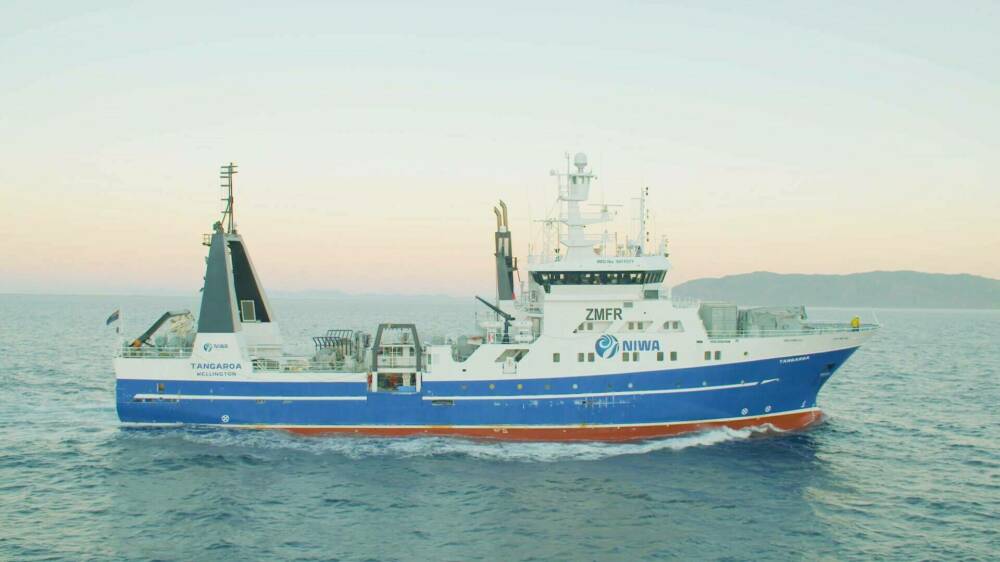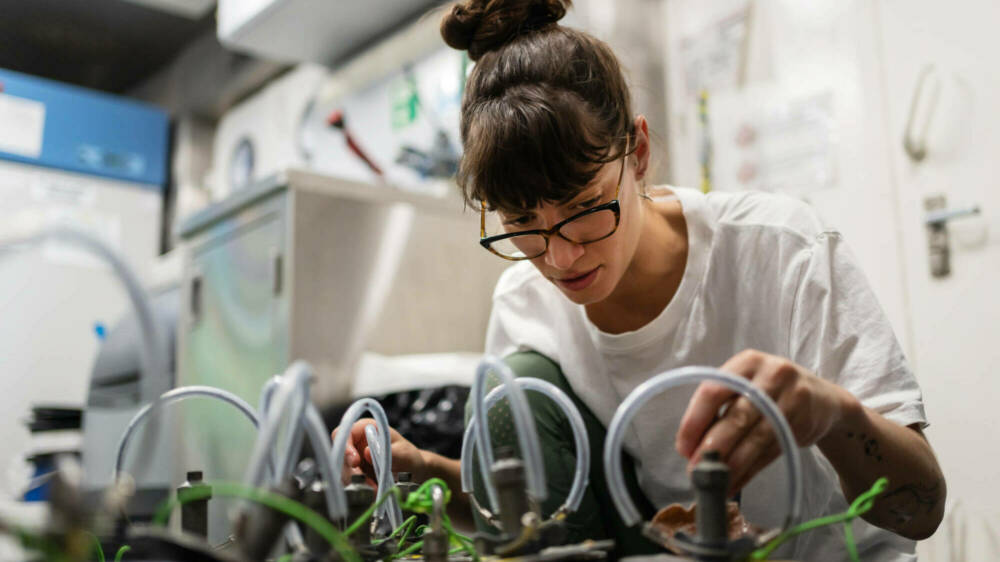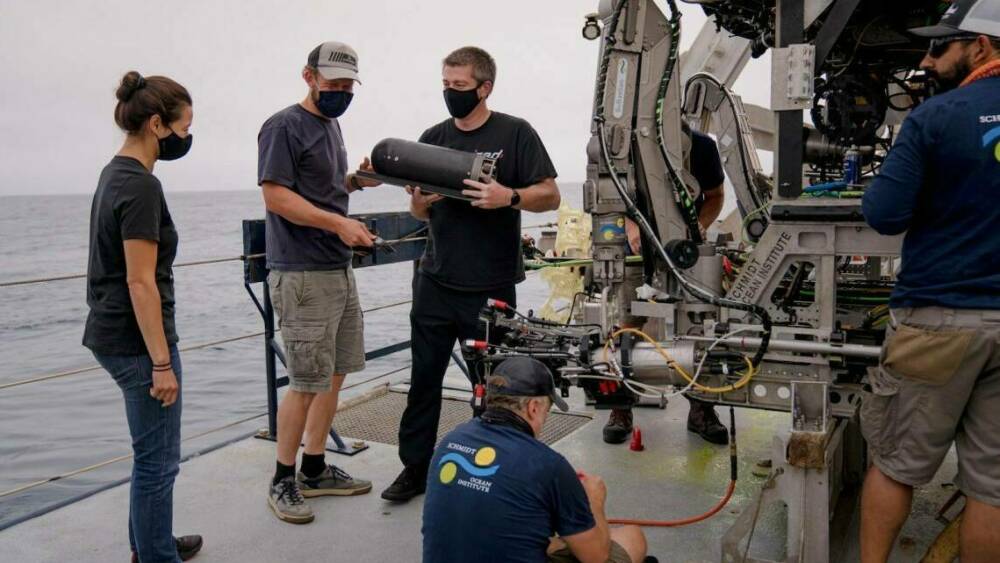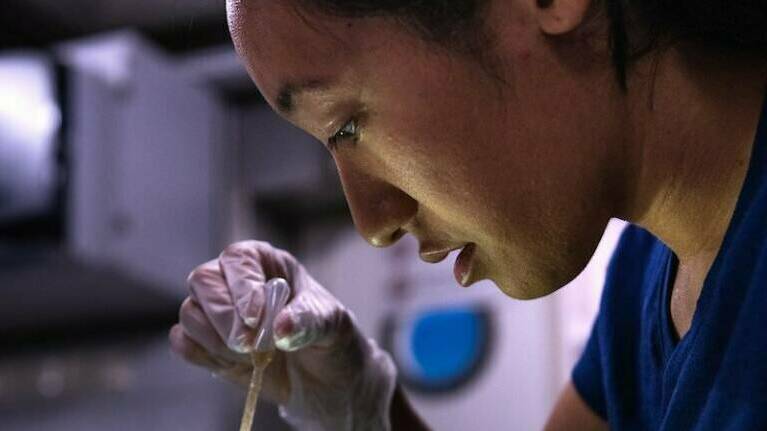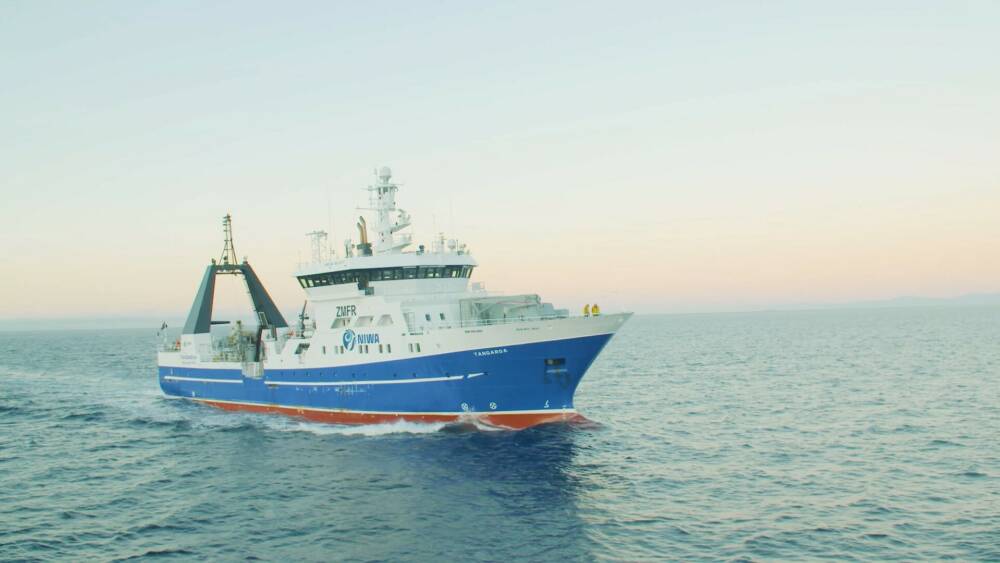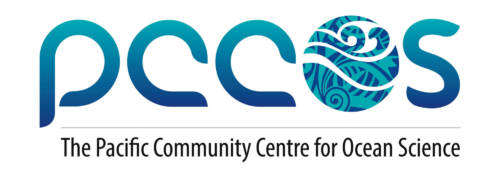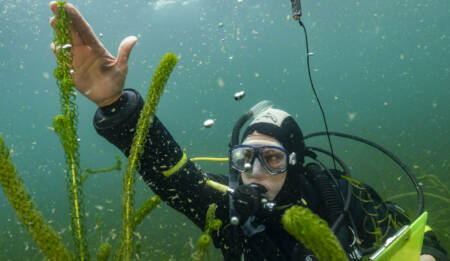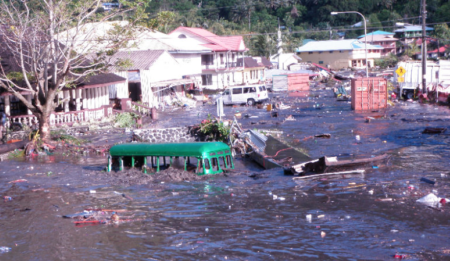A Floating University for the Pacific Islands
The Floating University for the Pacific Islands is a proposed platform for early-career scientists from Pacific Island nations to explore and resolve the key issues affecting their countries and communities. It will combine western science and indigenous and traditional knowledge, over time creating a community of scientists who will be able to draw upon one another’s expertise throughout their careers.

Background
The ocean sustains and connects Pacific Island nations and communities. Along with natural hazards, such as tsunamis, challenges such as sea level rise, ocean acidification and marine debris all impact the well-being of Pacific Island communities. There is an urgent need for Pacific Island nations to understand the changing ocean and how these changes, challenges and threats are undermining the resilience of island communities. Despite the efforts of regional organisations, donors, and other partners, we need to find a better way for Pacific Island nations to develop their own science capacity. With a greater ability to understand ocean systems and emerging challenges, Pacific Island nations will be able to make more informed decisions about how to progress toward a sustainable and resilient future. Ocean science is an expensive undertaking and Pacific Islanders currently have limited opportunities to pursue ocean science careers, and fewer still opportunities to participate in operations and research at sea.
NIWA, in collaboration with the Pacific Community (SPC), is supporting the development of the Floating University for the Pacific Islands Programme.
Project details
In 2024 and 2025, Pacific Island early-career scientists and students will join the RV Tangaroa, NIWA's deep-water research vessel, on scheduled maintenance cruises. These planned cruises will be undertaken to service the Deep-Ocean Assessment and Reporting on Tsunami (DART) network that was established across the southwestern Pacific Ocean to support detection and analysis of potential tsunami risks. The students will participate in an ongoing ocean monitoring programme by collecting and processing samples, managing data, and analysing results. Participants will also be exposed to basic ocean engineering, instrumentation, and other technologies involved in ocean science.
What they want to achieve
While starting with the Tangaroa, the Floating University concept will create a platform on which other organizations that operate research vessels in the Pacific can also participate and contribute. The Floating University will create a community of participants and provide opportunities for them to share scientific results in local and regional forums and to engage with policy makers who need their science.
This and other research voyages in the Pacific would allow students and early career scientists from Pacific Island nations to conduct research at sea that is driven by community needs and priorities. The Floating University would support cohorts of participants and provide an environment to help young scientists progress in their careers whilst meeting Pacific Island needs for ocean science.
Learn from Dr Nicole Yamase why boosting careers in ocean science can help achieve the 2050 Strategy for the Blue Pacific Continent Facebook
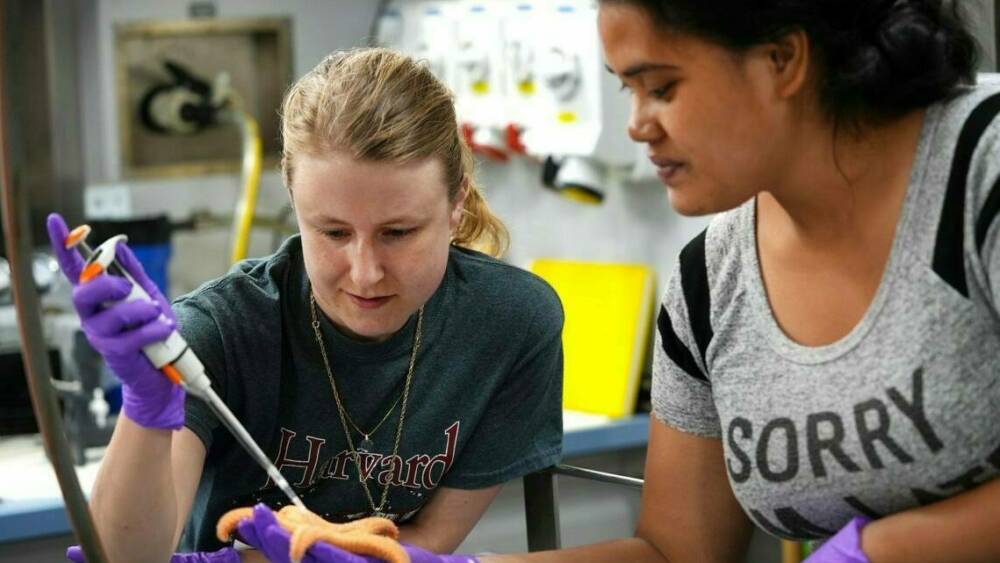
Resource

